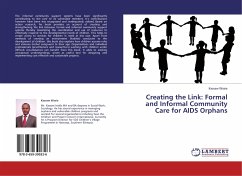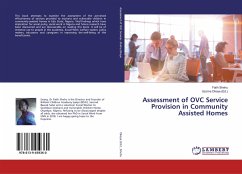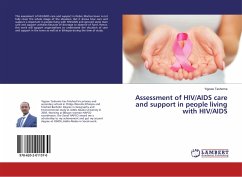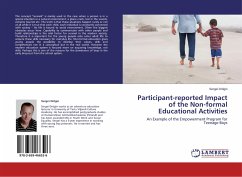The informal community support systems have been significantly contributing to the care of its vulnerable members. It's contributions however have been less recognized and inadequately utilized. Based on action research, his book provides an account of creating and strengthening the link between formal and informal community support systems thereby maximizing the coordination and use of resources to effectively respond to the developmental needs of children. This helps to create access to services for children in need at less cost. Apart from methods of creating an environment (habitat) conducive to the development of children, this book also explains how children assume roles and statuses (niche) congruent to their age. Organizations and individual professionals (practitioners and researchers) working with children under difficult circumstances can benefit from this book. It adds to existing conceptual understandings, serves as useful tool for designing and implementing cost effective and sustainable projects.
Bitte wählen Sie Ihr Anliegen aus.
Rechnungen
Retourenschein anfordern
Bestellstatus
Storno








